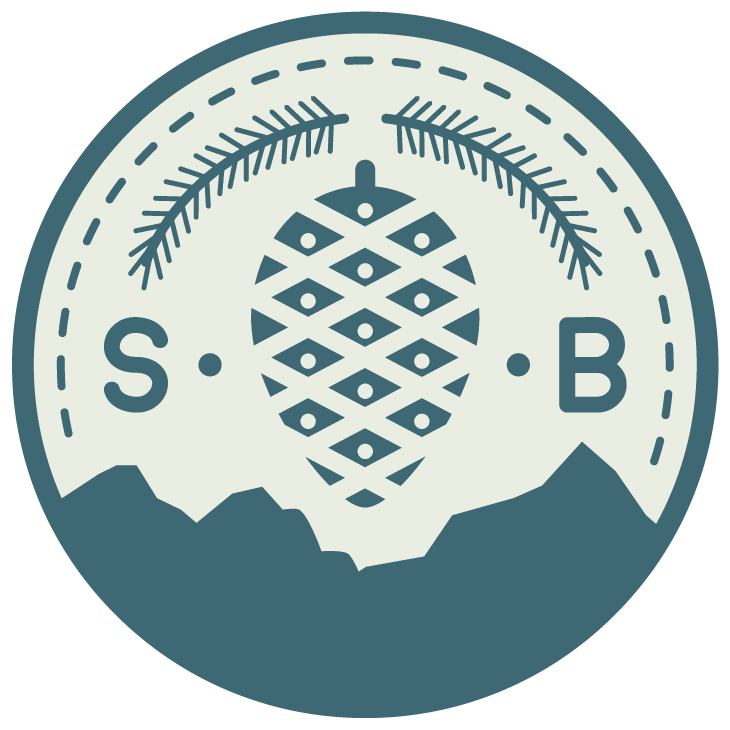Dogma of Minimalism
I’m a big believer in utility. I like to have one thing to solve each of life’s problems, and if I can find a thing that solves multiple problems, then I want that thing because it means that I can have fewer things. If I have fewer things, then I can be lighter and hence, more mobile. Being more mobile means that I can travel more easily and experience more without having to worry about the stuff that I left at home because most of it is on my back. Also, less stuff means less upkeep.
The stuff I do buy is usually high-quality because it lasts longer, I’m not always replacing stuff, and I save more money in the long run. Have less, experience more. In a nutshell, that’s the minimalist philosophy that I subscribe to.
It’s a founding principle of this blog that enables me to achieve the other founding principle of travel.
I’m not nearly the first person to blog about these things. In fact, there are several very well-known blogs on minimalism. That’s why I feel the need to separate myself from some of them and their personal opinions and ideas.
Some people seem to believe there is a magic number of things you need to reach to become a minimalist. Some set the number at 100, others have more “minimalist cred” and set the number at 50.
“Minimalism is a lifestyle philosophy, not a religion.”
When you have to hit some sort of goal of devotion before you can become something or be a part of something, then you have dogma. When you have dogma, you begin to have a religion.
Minimalism is a lifestyle philosophy, not a religion. You do not need to shed a specific number of possessions to “join the club,” so to speak. Minimalism is a constant state of growth, evolution, and self-discovery. You don’t get down to 100 possessions and suddenly become a minimalist.
Some people do things, whether they be skiing, playing music, painting, or kayaking. These activities require things, some more than others. It may be impossible for those of us who have hobbies to reach the holier minimalists’ magic numbers. This is why such a notion is ludicrous.
Also, some people do live in colder climates. Living in the cold requires more things for survival, let alone a minimal level of comfort. Does that mean my Nordic and Canadian friends can’t be minimalists? Hell no!
I’m not trying to shit on the 100 Things Challenge or the people who have worked hard to achieve it. It’s actually a great way to start your path and begin decluttering. But to herald it as the end all be all of minimalism is kind of ridiculous considering that we all have different needs and enjoy doing different things. And it also breeds annoying holier-than-thou types that seem to think they are “lifestyle yogis” sent here to help us mere mortals.
Such a great focus on things is sort of paradoxical to the whole idea of minimalism as well. Minimalism also entails having a lower footprint and clearing away your mental and emotional clutter. Sadly, these things are often left behind in the discussion. Probably because it’s hard to quantify one’s achievement of them, so there’s not much cred to be had by those who enjoy magic numbers (which of course exclude things like cookware and have special rules like all your socks count as one item).
I first felt the need to make this distinction between me and other bloggers when I stumbled across Far Beyond My Ego, a critical blog of minimalist-turned-“cybernetic yogi” blogger Everett Bogue. I may or may not have gotten a kick out of it until the writer and the commenters started to lump Ev Bogue and minimalists in general into the same group.
We’re not the same. That is to say, minimalism is not a blanket you can throw over a group of people. Everyone has their own approach and their own path, and there is no right or wrong way of doing it. So this is me and my thoughts on the matter. I hope you have enjoyed this rant! ◉
Written by Seth Barham


